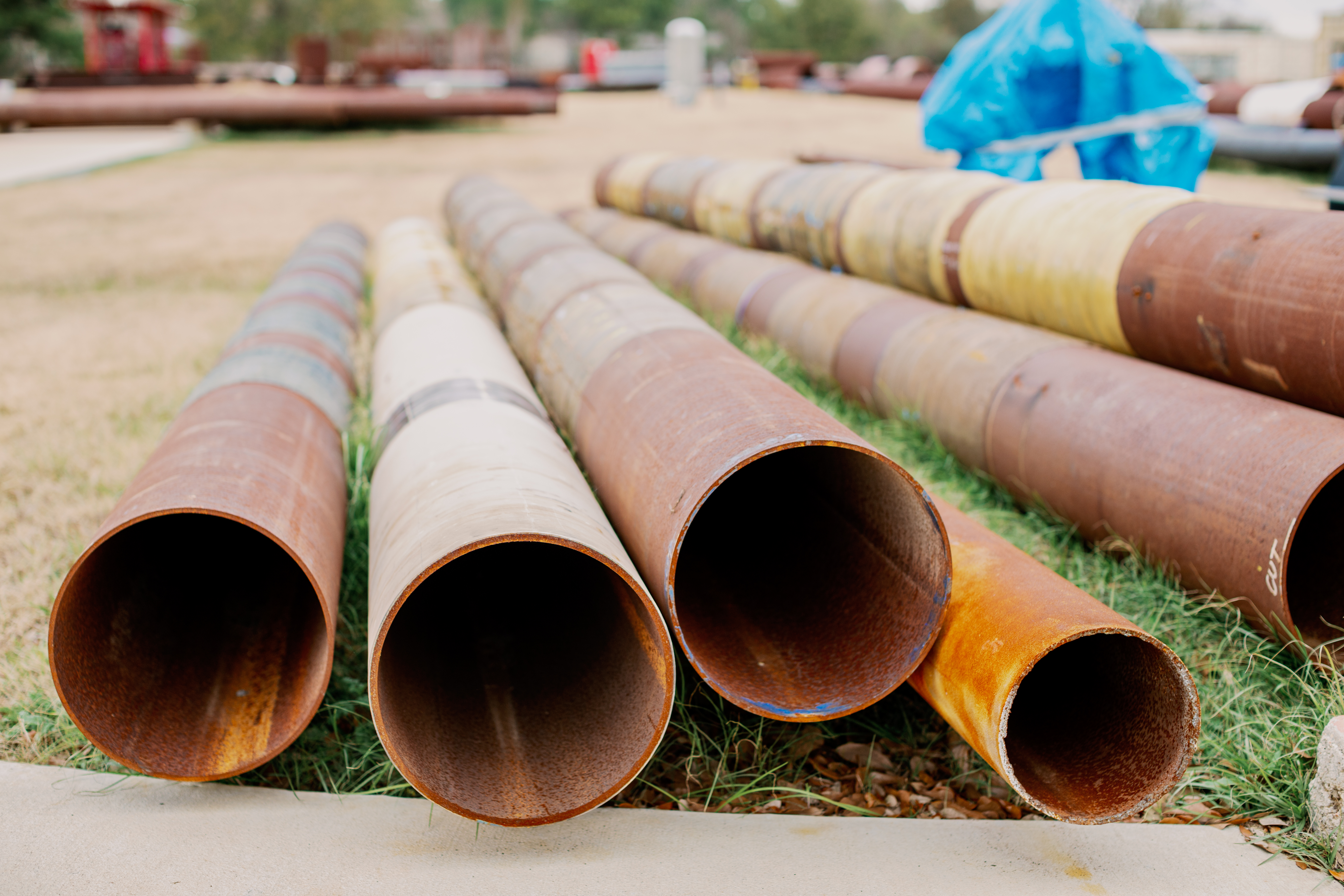1 min read
In-line Inspection Test Spools Build Confidence and Certainty
 Chantz Denowh, PhD, PE
8/2/23 5:02 PM
Chantz Denowh, PhD, PE
8/2/23 5:02 PM

Pipeline integrity management practices commonly rely on various inline inspection (ILI) systems for threat assessments to ensure the safe operation of pipelines. Each ILI system is somewhat unique and provides a vast amount of data which is used to make integrity management decisions. In addition, each ILI system’s measurement principal and performance has an understood level of uncertainty in detection, identification and sizing of defects. These uncertainties can lead to various outcomes, including over-conservatism, unnecessary digs or elevated risk due to inaccurate data. These outcomes can put people, the environment, and limited resources at risk. Now, it is possible to evaluate and account for these uncertainties using prefabricated ILI test spools.
Small scale testing methods can be used to gain confidence in the ILI system by utilizing test spools focused on the ILI system’s accuracy in probability of detection (POD), probability of identification (POI), and sizing for specific flaw sizes.[1] At ADV Integrity, our consultants work with operators in four distinct phases of spool development and ILI validation: test design, fabrication, pull testing, and results analysis.
The purpose of this process is to understand if the goal of the inspection will be achieved. While each project’s goals are similar, each project often has unique circumstances, such as critical flaw size, material characteristics, defect morphology, operating conditions, etc. ADV Integrity’s phased approach considers these unique characteristics to reduce uncertainty in the actual tool run.
In the first phase, ADV Integrity designs custom spools for blind testing of POD, POI, and/or sizing accuracy validation. ADV Integrity’s engineers can provide recommendations on defect types, sizes, and quantity to meet project requirements related to statistical confidence or integrity management objectives.
After the test spool is designed, ADV Integrity works with multiple fabricators to implement the test spool designs. These fabricators use methods such as electric discharge machining (EDM) and conventional machining to create the test spool. To put the newly machined test spool to work, ADV Integrity uses its on-site pull-rig to collect inspection data.
From that data, ADV Integrity’s engineers evaluate the accuracy of the ILI system’s performance and stated specifications and interpret the results, all of which are protected with strict confidentiality measures.
From this spool development and ILI validation process, operators will gain the comprehensive understanding of their ILI systems they need to make informed integrity decisions. Both operators and ILI service providers can benefit from this approach as it can provide the basis for the ILI project goals, scope, and requirements.
Originally published on October 6, 2021

